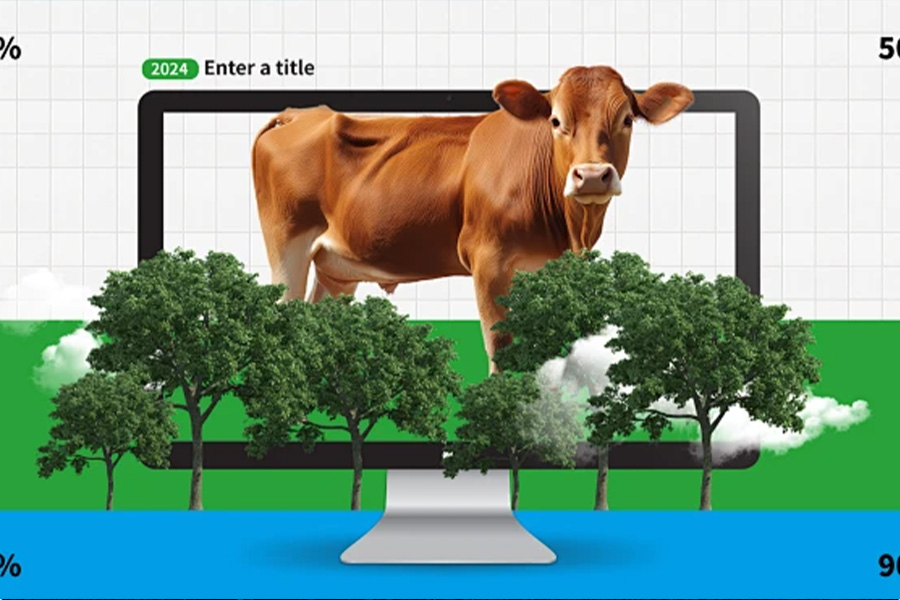Agriculture, as the cornerstone of societal development throughout human history, has undergone profound transformations with the integration of technology. In today's rapidly evolving technological landscape, the convergence of traditional agriculture and technology is advancing at an unprecedented pace, presenting both unprecedented opportunities and challenges for agricultural production.

Traditional agriculture, one of the oldest production methods in human history, carries a wealth of experience and wisdom. Farmers have accumulated extensive agricultural knowledge and expertise through generations of farming, which have been preserved and developed through oral tradition. However, with population growth and limited resources, traditional agriculture faces numerous challenges, such as low production efficiency and severe resource wastage.
Technological advancements have brought a turnaround for traditional agriculture. With the support of modern technology, agricultural production methods have undergone significant improvements and innovations. For instance, the widespread application of agricultural mechanization technology has liberated farmers from arduous physical labor, enhancing production efficiency. Additionally, the application of automation and intelligent technology, such as drone inspections and smart irrigation systems, has provided more precise and efficient management tools for agricultural production. These technologies have not only increased crop yields and quality but also reduced production costs, making agricultural production more sustainable.
In the field of breeding, technological applications have also yielded remarkable results. The emergence of gene editing and transgenic technologies has made it possible to cultivate high-yield, high-quality, and disease-resistant crop varieties. By precisely modifying the genetic characteristics of crops, scientists can develop varieties that adapt to different environmental conditions, thereby improving the stability and resilience of agricultural production.
Beyond improvements in production methods, technology has also played a crucial role in agricultural product sales and market analysis. The rise of e-commerce platforms has broken traditional sales channels and geographical restrictions, enabling agricultural products to directly reach consumers, improving sales efficiency and coverage. Meanwhile, the application of big data and artificial intelligence has provided farmers with more precise market analysis and marketing planning services, helping them better understand market demands, adjust production structures, and achieve income growth and prosperity.
However, the integration of technology and traditional agriculture is not without challenges. In promoting and applying new technologies, farmers face numerous difficulties. For example, the high cost of new technologies is difficult for farmers to bear; the operation of new technologies is complex, and farmers lack relevant knowledge and skills; and the effectiveness of new technologies is uncertain, leading farmers to adopt a wait-and-see attitude. These issues require the joint efforts of governments, businesses, and farmers to strengthen technology popularization and training, improving farmers' acceptance and application capabilities of new technologies.
Looking ahead, the integration of technology and traditional agriculture will continue to deepen. With the continuous development of technologies such as the Internet of Things, big data, and artificial intelligence, agricultural production will become more intelligent and precise. For instance, by real-time monitoring of farmland environmental parameters and crop growth status, farmers can promptly adjust agricultural production measures to improve crop yields and quality; through big data analysis, farmers can predict market demands and price trends, formulating more scientific production plans; and through e-commerce platforms, farmers can directly connect with consumers, achieving branding and premium sales of agricultural products.
In summary, the convergence of technology and traditional agriculture presents both unprecedented opportunities and challenges for agricultural production. With the support of technology, traditional agriculture will rejuvenate with new vitality and contribute more to human sustainable development.

 Return
Return


